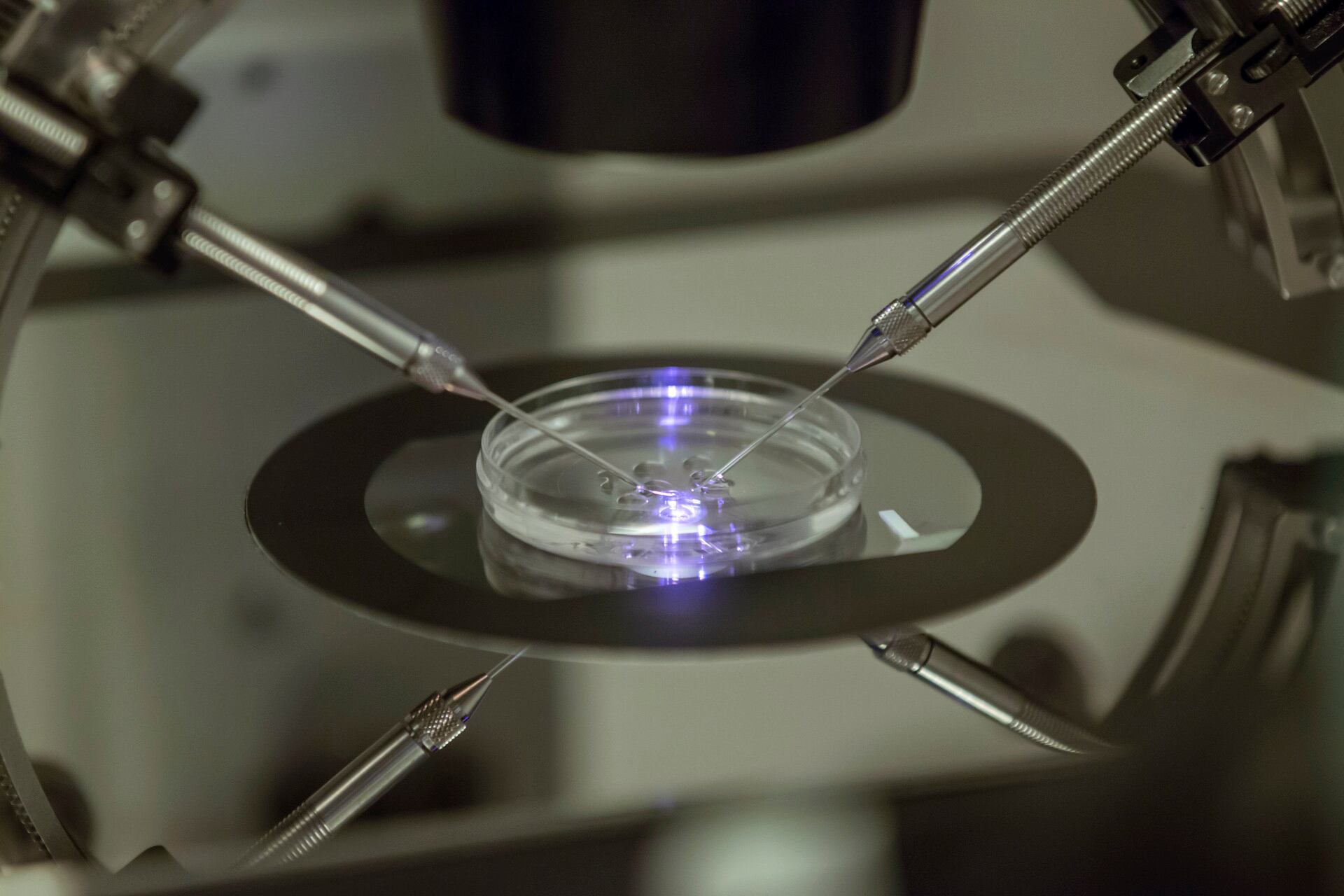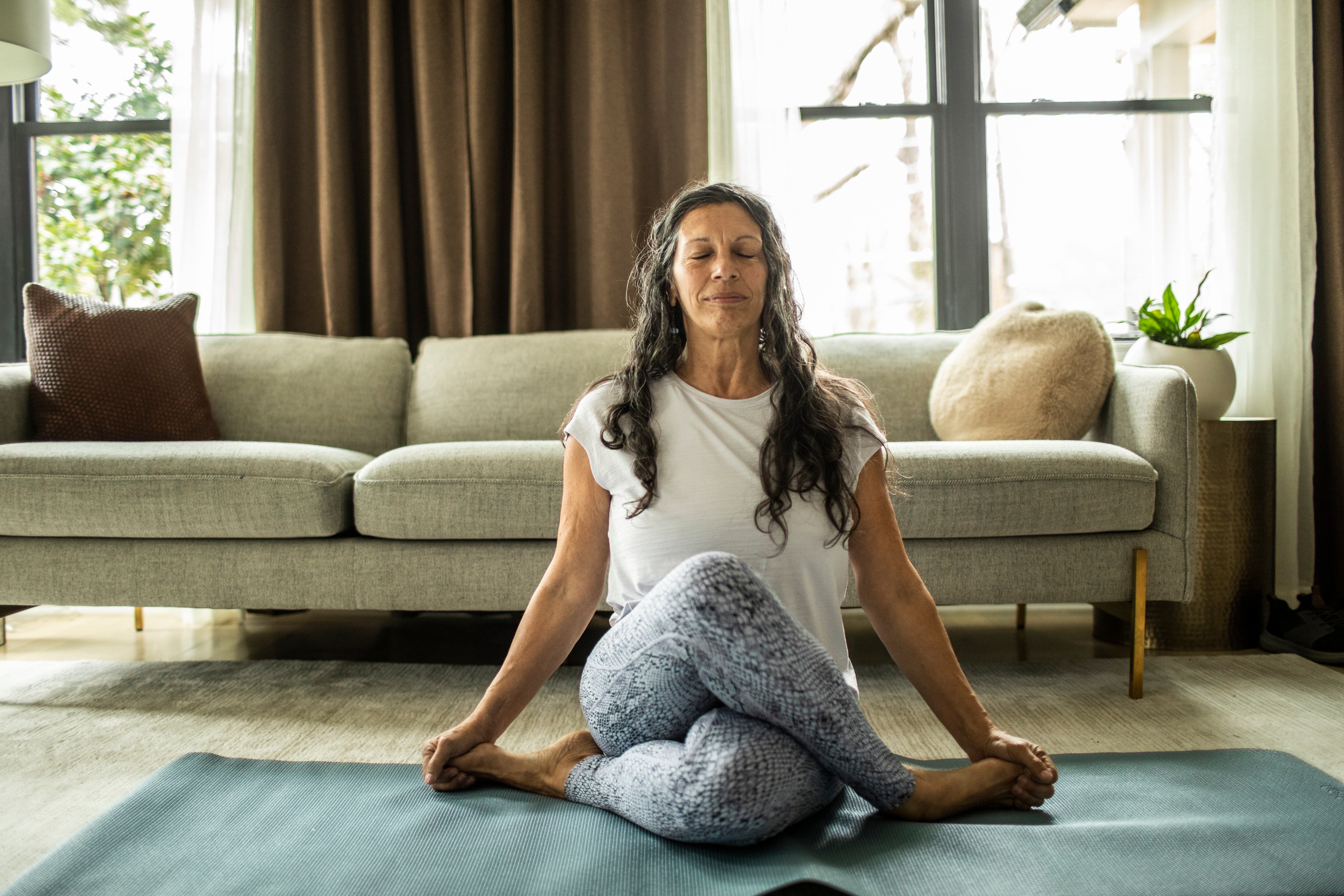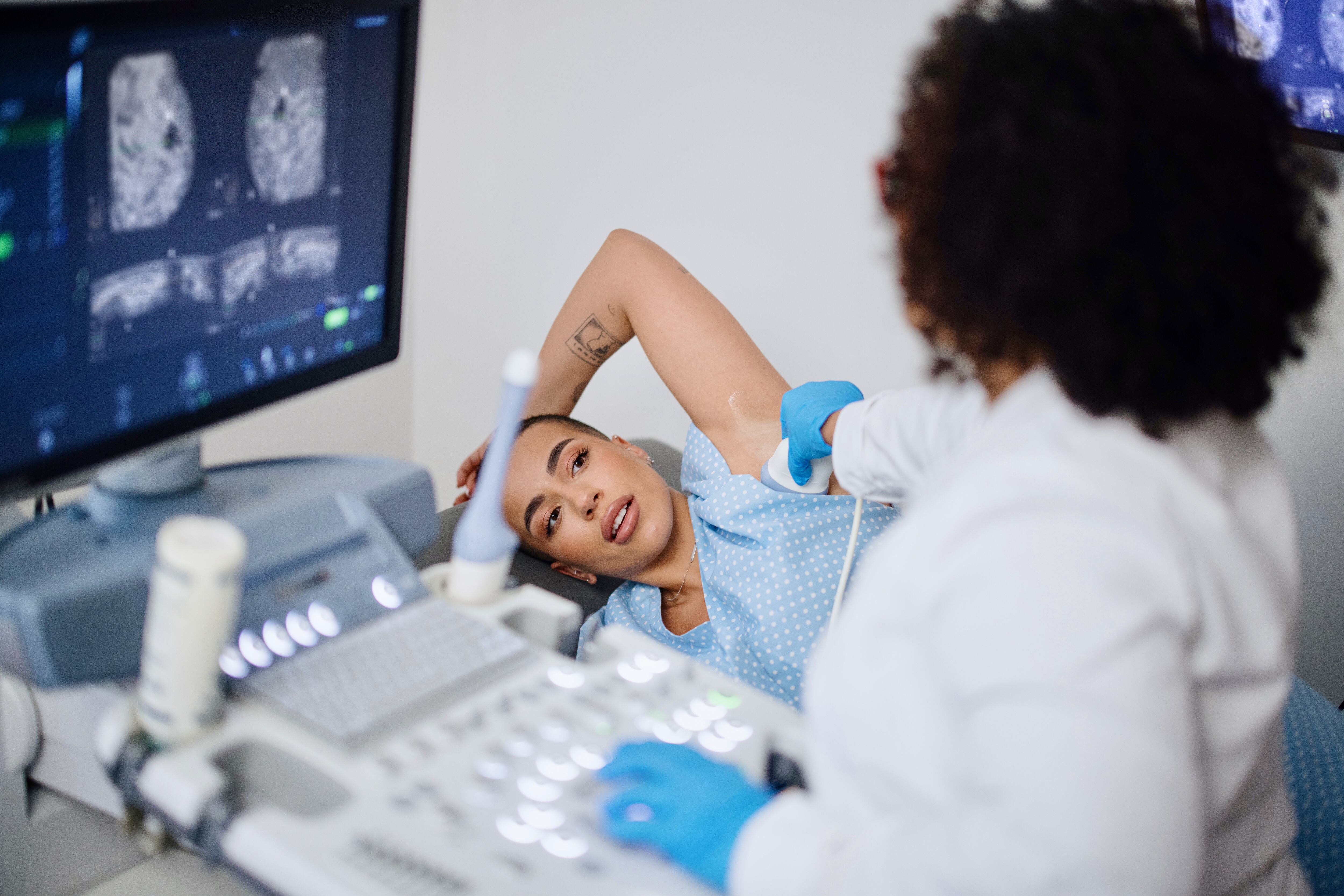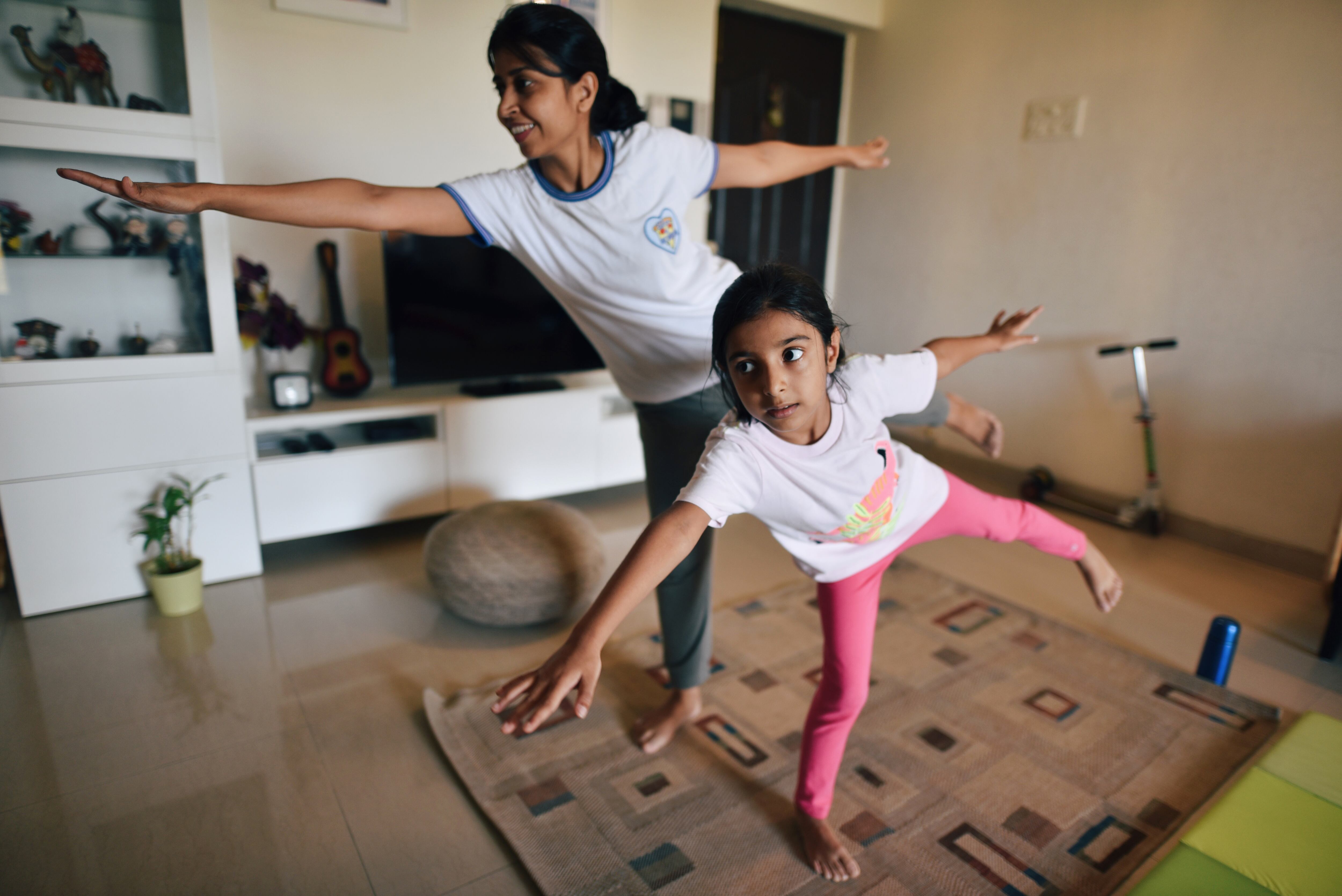It's been unseasonably warm in many parts of the country this winter, but nothing compared to the Arctic. Temperatures normally hover around four degrees below zero, but have been climbing much higher.
Laura Geggel, Senior Writer at Live Science, explains why these high temperatures are causing concern. Heat waves in the arctic aren't a new phenomenon, but normally they happen once every 10 years. The last heat wave in the arctic was just two years ago.
Geggel also discusses a German company's plan to establish a 4G mobile coverage on the moon. The network will reportedly be set up in 2019.
A new study finds an experimental skin patch shows promise to treat toddlers who are highly allergic to peanuts.
Britain's fertility regulator on Wednesday confirmed the births of the U.K.'s first babies created using an experimental technique combining DNA from three people, an effort to prevent the children from inheriting rare genetic diseases.
Federal health advisers said Wednesday that a decades-old birth control pill should be sold without a prescription, paving the way for a likely U.S. approval of the first over-the-counter contraceptive medication.
Colette Morales, instructor at Core 95, joined Cheddar News to teach a few basic yoga poses aimed at strengthening multiple areas of the body simultaneously.
A group of nationally-recognized medical experts are suggesting women start getting breast cancer screening at 40 years old.
The Food and Drug Administration is kicking off a two-day meeting to consider whether to let people get birth control pills without a prescription, with a decision expected by the summer.
Be Well: How Yoga Can Benefit Children
Be Well: Understanding Strokes and How Doctors Work to Reverse Their Effects
Be Well: Destigmatizing Conversations Around Sexual Health and Organs
Be Well: How to Diversify Your Water Consumption











